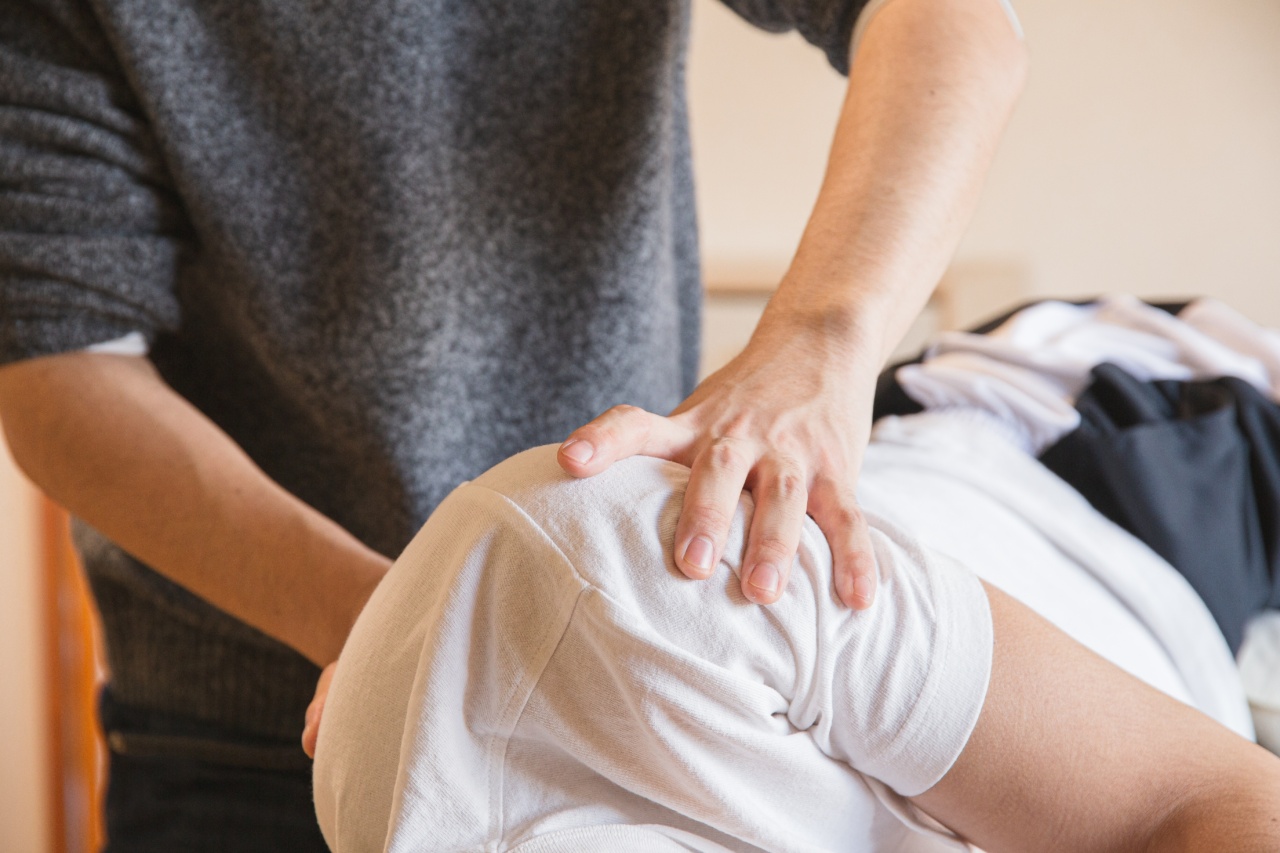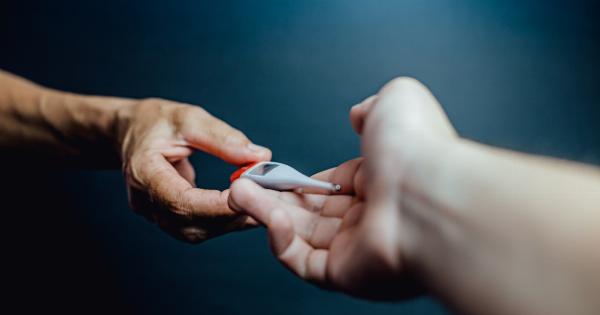Bringing a new life into this world is a wondrous journey that comes with its own set of challenges. As a new mother, it is essential to take care of your physical and mental health during the postpartum period.
This phase, commonly known as the fourth trimester, is a critical time for recovery and adjustment. By implementing various strategies, you can ensure a smooth and healthy transition into motherhood. Let’s explore some key strategies for postpartum health and well-being.
1. Rest and Sleep
One of the most important aspects of postpartum recovery is getting enough rest and sleep. Sleep deprivation is common during the early weeks and months of motherhood, but it can have detrimental effects on your physical and mental health.
As much as possible, try to sleep when your baby sleeps and take short naps throughout the day to replenish your energy. Enlist the help of your partner, family members, or friends to handle household chores and childcare, allowing you the opportunity to rest.
2. Nourishing Nutrients
After giving birth, your body needs an ample supply of nutrients to heal and recover. Focus on consuming a well-balanced diet that includes plenty of fruits, vegetables, lean proteins, and whole grains.
These foods provide essential vitamins, minerals, and antioxidants that aid in tissue repair, hormone regulation, and energy production. Additionally, staying hydrated is crucial for milk production if you choose to breastfeed.
3. Pelvic Floor Exercises
Pregnancy and childbirth can weaken the muscles of the pelvic floor. Engaging in regular pelvic floor exercises, such as Kegels, can help strengthen and tone these muscles, improving bladder control and promoting faster healing.
Start with gentle contractions and gradually increase the duration and intensity as advised by your healthcare provider. Remember to breathe and relax your other muscles while performing these exercises.
4. Gentle Movement and Exercise
While rest is important, gentle movement and exercise can also aid in postpartum recovery. Consult with your healthcare provider before starting any exercise routine, especially if you had a complicated delivery or a cesarean section.
Walking, yoga, and postnatal exercises specifically designed for new moms can improve circulation, strengthen muscles, boost mood, and aid in weight loss. Start slowly and listen to your body, avoiding any strenuous activities until you have healed sufficiently.
5. Emotional Support
The postpartum period can be emotionally challenging, with hormonal fluctuations and the adjustment to a new routine. Reach out to your partner, family, and friends for emotional support.
Join local mom support groups or online communities where you can interact with other new mothers and share your experiences. If you find yourself experiencing persistent feelings of sadness, anxiety, or overwhelmed emotions, consult with a mental health professional for additional support.
6. Bonding with Your Baby
Bonding with your newborn is a vital part of the postpartum journey. Spend quality time cuddling, talking, and gazing into your baby’s eyes.
Participate in skin-to-skin contact, as it has been shown to promote bonding, regulate the baby’s temperature and heart rate, and even enhance breastfeeding. Taking care of your emotional well-being and creating a strong bond with your baby will contribute to a smoother transition into motherhood.
7. Delegate Responsibilities
Don’t hesitate to ask for help and delegate responsibilities to ease the burden. Discuss household chores, baby care, and other tasks with your partner, family members, or close friends.
Allow them to contribute and share the workload to create a support system that will enable you to focus on your recovery and taking care of your baby.
8. Self-Care
Amidst the joy and challenges of new motherhood, it is crucial to prioritize self-care. Set aside time each day to engage in activities that bring you joy and help you relax.
Take a warm bath, read a book, listen to music, practice deep breathing exercises, or indulge in a hobby you enjoy. Nurturing yourself physically and mentally will not only benefit you but also positively impact your ability to care for your little one.
9. Postpartum Check-ups
Attending postpartum check-ups with your healthcare provider is essential for monitoring your recovery progress. These visits allow your provider to ensure that any physical or emotional issues are addressed promptly.
They can provide guidance on contraception, breastfeeding, and answer any questions or concerns you may have. Regular check-ups will give you peace of mind and reassurance as you navigate through your postpartum journey.
10. Patience and Self-Compassion
Remember to be patient with yourself and practice self-compassion during the postpartum period. It is normal to experience a range of emotions and physical changes during this time.
Allow yourself to rest, heal, and adapt to your new role as a mother at your own pace. Celebrate small victories and don’t be too hard on yourself if things don’t go as expected. Each new day brings new opportunities for growth and adjustment.






























